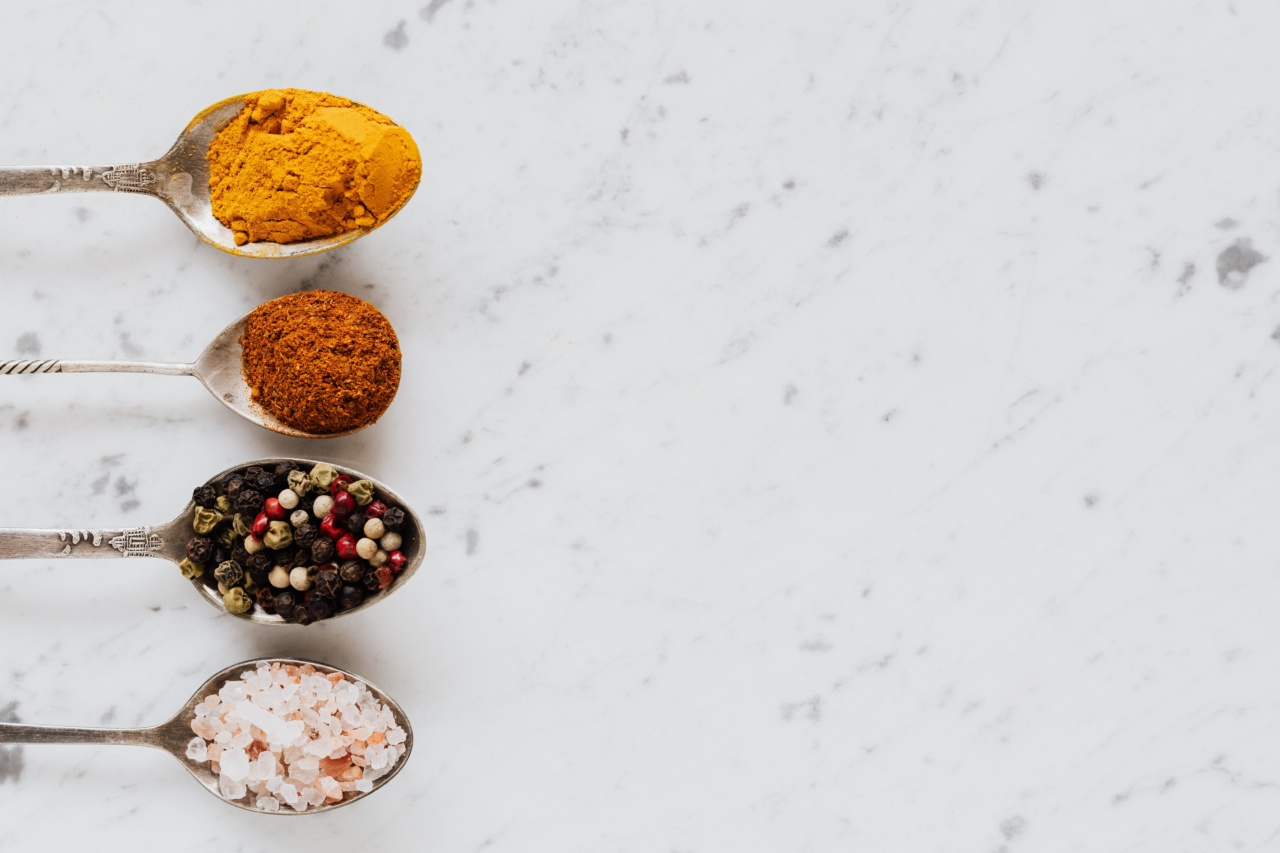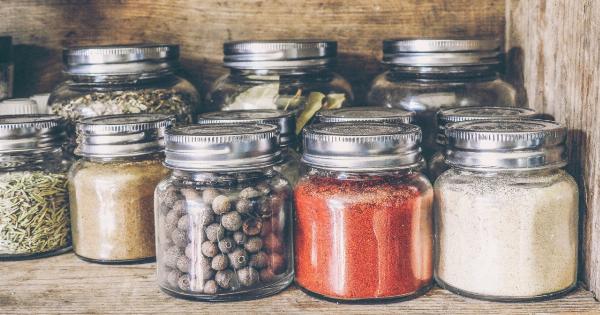Most of us love food that tastes good, and often, this is equated with food that is saltier. However, too much salt is not good for our health. It can lead to high blood pressure, which is a risk factor for heart disease, stroke, and kidney disease.
The good news is that there are ways to reduce salt intake without compromising taste. One way is to use spices.
What Are Spices?
Spices are aromatic substances that come from the bark, roots, seeds, flowers, or buds of plants. They add flavour, fragrance, and colour to food. Spices have been used for their medicinal and culinary properties for thousands of years.
Different cultures have their own favourite spice blends, and this is reflected in the diversity of flavours we find in cuisines around the world.
Why Use Spices?
Using spices is a great way to add flavour to your food without relying on salt. Many spices have health benefits too. For example:.
- Turmeric has anti-inflammatory and antioxidant properties
- Cinnamon may help lower blood sugar levels
- Ginger can help with nausea and sore throat
- Garlic has antibacterial and antiviral properties
- Cumin may aid digestion and reduce inflammation
By using spices instead of salt, you can add a variety of nutrients and compounds to your diet that are good for your health.
How to Use Spices
Spices can be used in a variety of ways. They can be added to marinades, sauces, dressings, and rubs. They can be sprinkled on top of food, or stirred into soups, stews, and curries.
Some spices work better in certain dishes than others, so it’s important to experiment and find the right combinations to suit your taste.
Here are some examples of how to use spices:.
Turmeric
Turmeric is a popular spice in Indian cuisine. It has a warm, earthy flavour and a bright yellow colour. It can be used to flavour rice, vegetables, and meat. It is also used in curries and soups.
Turmeric is best used in small amounts, as it has a strong flavour and can overpower other spices.
Cinnamon
Cinnamon is a sweet, warm spice that is commonly used in desserts and sweet dishes. It is also used in Middle Eastern cuisine to flavour meats and stews. Cinnamon can be added to oatmeal, smoothies, and baked goods.
It can also be used to flavour coffee and tea.
Ginger
Ginger has a spicy, slightly sweet flavour and a pungent aroma. It is commonly used in Asian cuisine to flavour stir-fries, curries, and soups. It can also be used to flavour tea and beverages.
Ginger can be grated, sliced, or minced and added to food in small amounts.
Garlic
Garlic is a pungent, aromatic spice that is used in many different cuisines. It can be used in marinades, dressings, and sauces. Garlic can be sautéed, roasted, or minced and added to food in small amounts.
It can also be used to flavour bread and pizza crusts.
Cumin
Cumin has a warm, earthy flavour and is commonly used in Mexican and Middle Eastern cuisine. It can be used to flavour meat, vegetables, and stews. Cumin can be added to soups, sauces, and marinades.
It can also be used in spice blends such as garam masala and chili powder.
Conclusion
Using spices is a great way to reduce salt intake without compromising taste. Spices add flavour, fragrance, and colour to food and have many health benefits.
By using spices instead of salt, you can add a variety of nutrients and compounds to your diet that are good for your health.





























